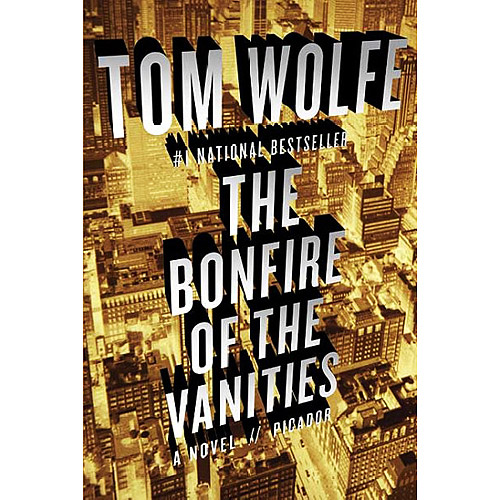1. Stephen writes at The Atlantic Cities on Japan's largely privatized rail system. He points out that free market reforms have benefited both cities and transit there. 2. For readers in the DC area, the Urban Land Institute is holding Capital Markets Interchange in McLean on November 10th. The … [Read more...]
Cities and the Market Process: Part 2
In the first post of this little series, I addressed the problems of top down land use regulation through the lens of Austrian economics. Because cities contain public space and infrastructure that is used by many residents and cannot be bought and sold in the way that many goods can be, Alon Levy … [Read more...]
Book Review of Instant City: Life and Death in Karachi
I'm reviewing Instant City: Life and Death in Karachi by Steve Inskeep as part of a TLC Book Tour. Other bloggers are also reviewing the book throughout October, and you can find links to their reviews here. I received a complimentary copy of the book, and I'd like to send it to a reader if anyone … [Read more...]
Cities and the Market Process: Part 1
In a post about the tendency for emergent urbanists to promote the idea of cities having a single equilibrium, Alon Levy recently wrote that collective choice is the best manner for determining urban form. Many urbanists accept that some of the top-down regulations that limit density or use are … [Read more...]
Brookings Study on HCVs; Results to be Expected
This post originally appeared at Neighborhood Effects, a Mercatus Center blog where we write about state and local policy issues as well as the broad concepts of economic freedom. A new Brookings study by Kenya Covington, Lance Freeman, and Michael Stoll finds that increasingly, … [Read more...]
Fictional Scandal at the NYC Landmarks Preservation Commission
Stephen's post on alleged corruption at the New York City Landmarks Preservation Commission reminded me of a great scene from The Bonfire of the Vanities that I wanted to share here. Tom Wolfe describes a scenario in which a black bishop wants to sell his church's property in order to raise money … [Read more...]
DC Councilmembers Take a (Soft) Stand Against Parking
DCist reports that DC city councilmembers Tommy Wells and Mary Cheh proposed legislation that would allow the mayor to designate apartment buildings where residents would not be allowed to purchase residential parking permits. This innovative legislation would mark a sharp turn away from typical … [Read more...]
Alon Levy on the Suburbanization of Poverty
Over at Pedestrian Observations, Alon Levy has a typically well-written and researched post on the gentrification of poverty. He explores the well-researched trend that low-income Americans are increasingly moving to the suburbs as gentrification is driving up rents in inner cities. He hypothesizes … [Read more...]
- « Previous Page
- 1
- …
- 15
- 16
- 17
- 18
- 19
- 20
- Next Page »

